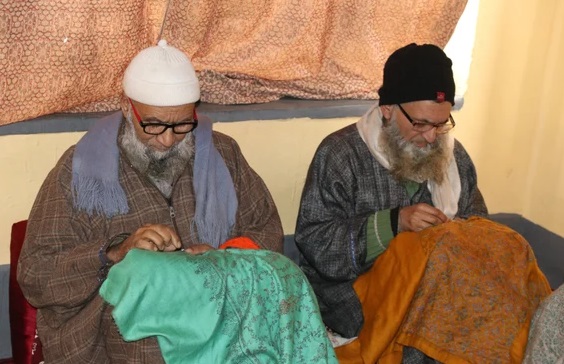
The Jammu Kashmir government has proposed a uniform 5% Goods and Services Tax (GST) rate for all state handicrafts, citing the labour-intensive nature of the industry.
Currently, items like carpets are taxed at 5%, while shawls attract a 12% GST. Officials argue this disparity is unfair, as both products demand similar levels of craftsmanship.
However, the industry faces a potential crisis due to a separate proposal to sharply increase GST rates on textiles, including Kashmiri shawls and carpets.
The proposed structure, to be discussed at the GST Council meeting in Jaisalmer on December 21, suggests rates as high as 28% for textiles priced above ₹10,000.
This has sparked concern among artisans, traders, and political leaders, who warn of devastating effects on the region’s traditional crafts.
Kashmiri handicrafts, a key economic driver employing over 250,000 artisans—many from marginalized communities—have seen fluctuating export figures.
After a dip during the pandemic, exports rebounded to ₹1,162 crore in 2023-24, including ₹317 crore in carpets and ₹477 crore in shawls. Stakeholders fear the proposed tax hike could reverse this growth, making Kashmiri products less competitive globally.
Javid Ahmad Tenga, President of the Kashmir Chamber of Commerce and Industry, described the proposed hike as catastrophic, particularly for the Pashmina industry, where a single shawl can take months to produce.
Political leaders, including National Conference’s Tanvir Sadiq and Apni Party’s Altaf Bukhari, echoed these concerns, urging the GST Council to reconsider.
The Directorate of Handicrafts has also issued warnings, stating that the move threatens the survival of Kashmir’s iconic industry.
As the meeting approaches, stakeholders are united in their plea to safeguard not just an economic lifeline but also a vital part of the region’s cultural identity.




